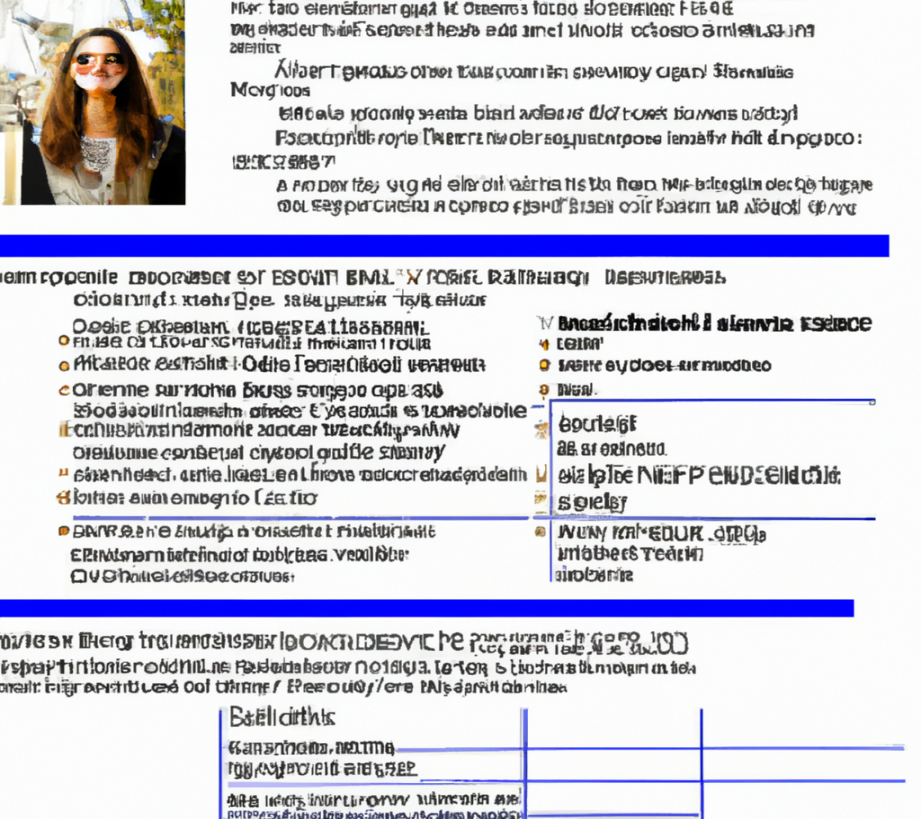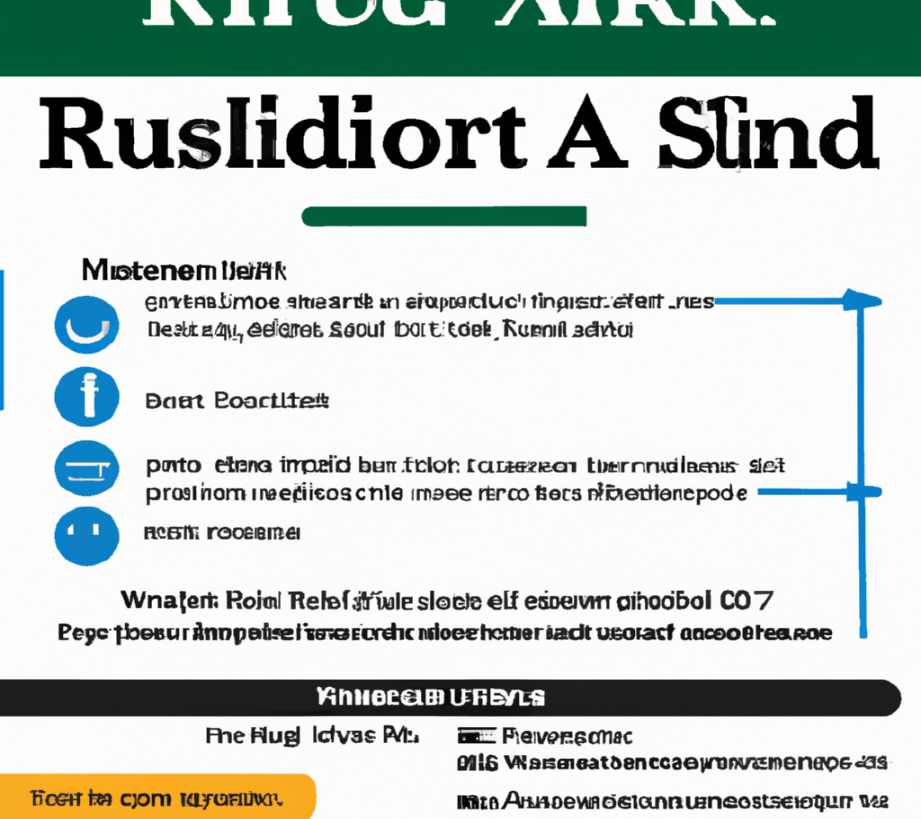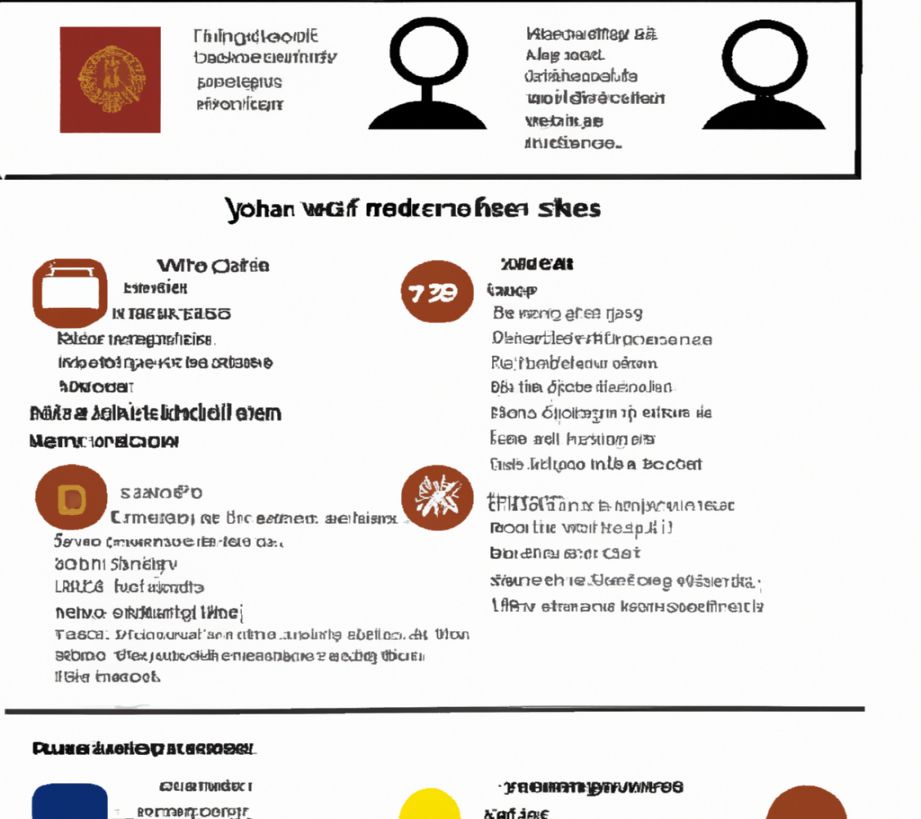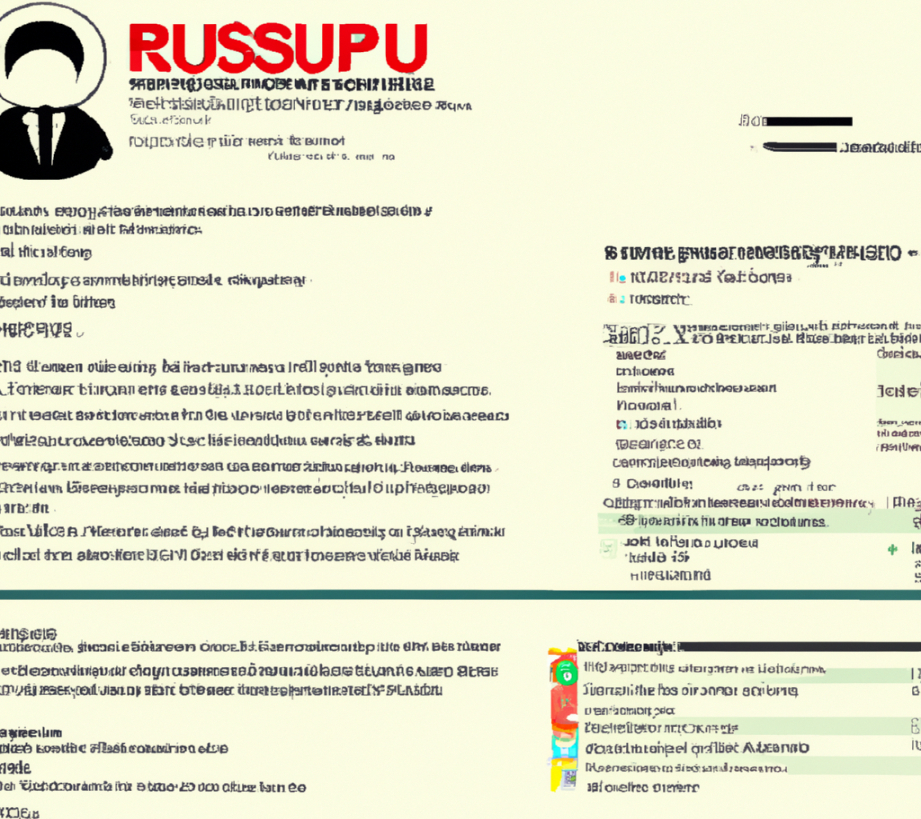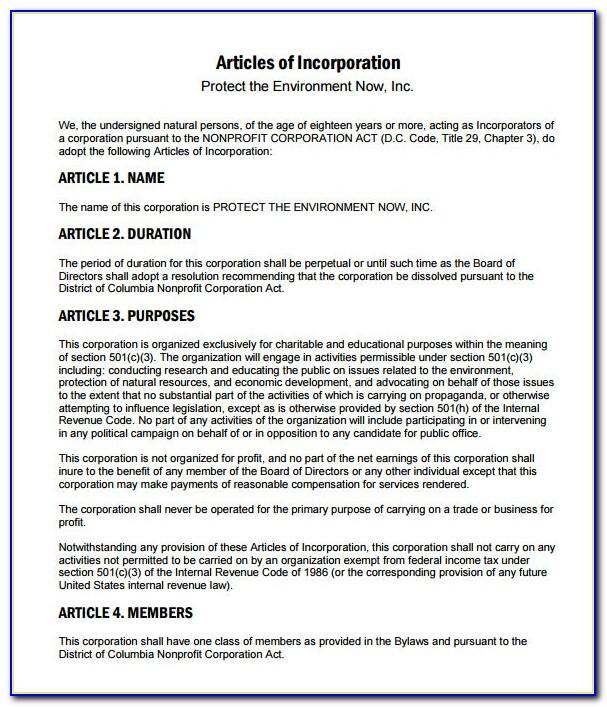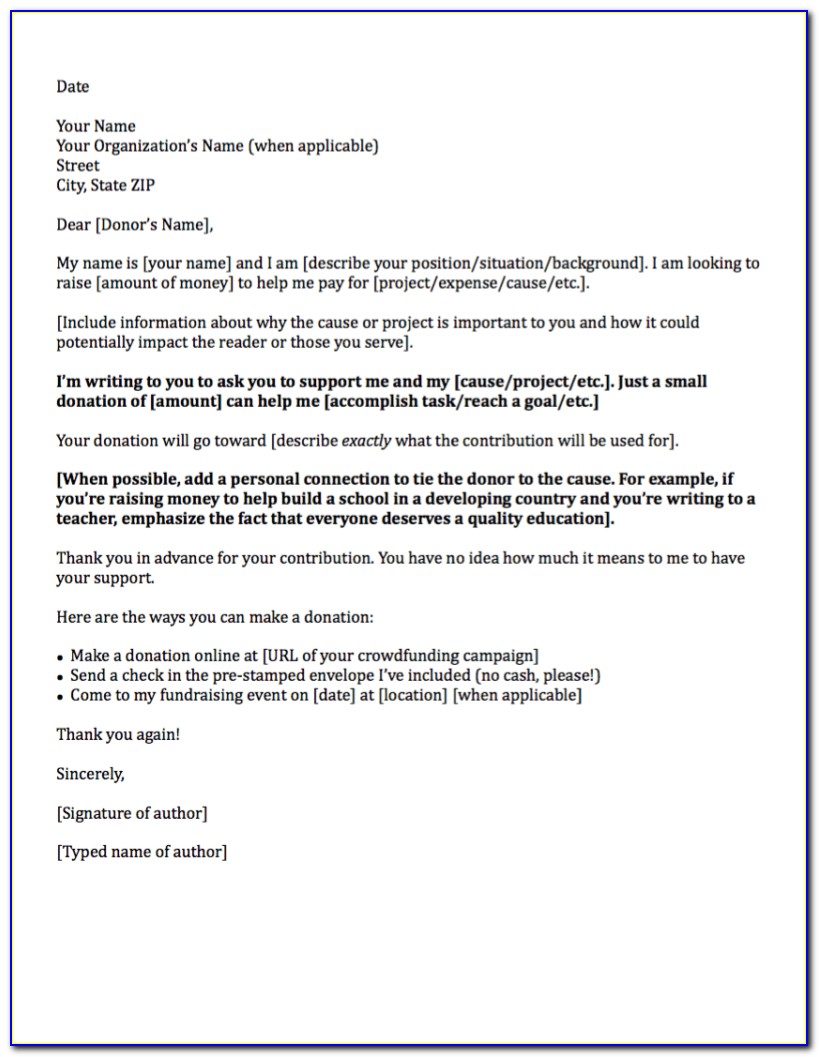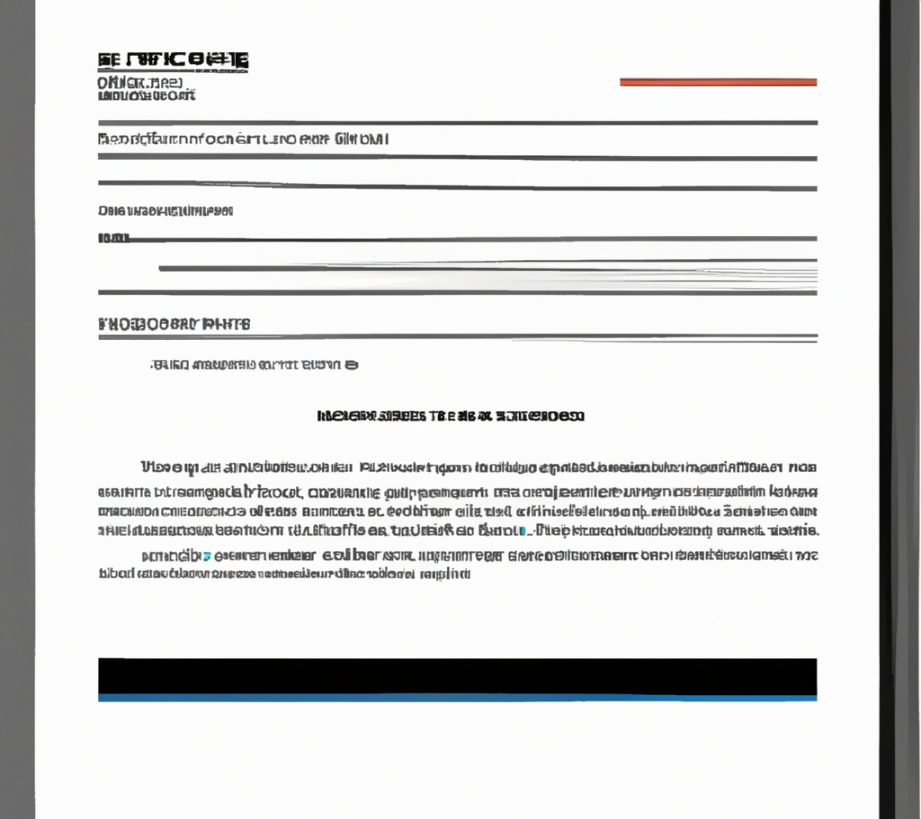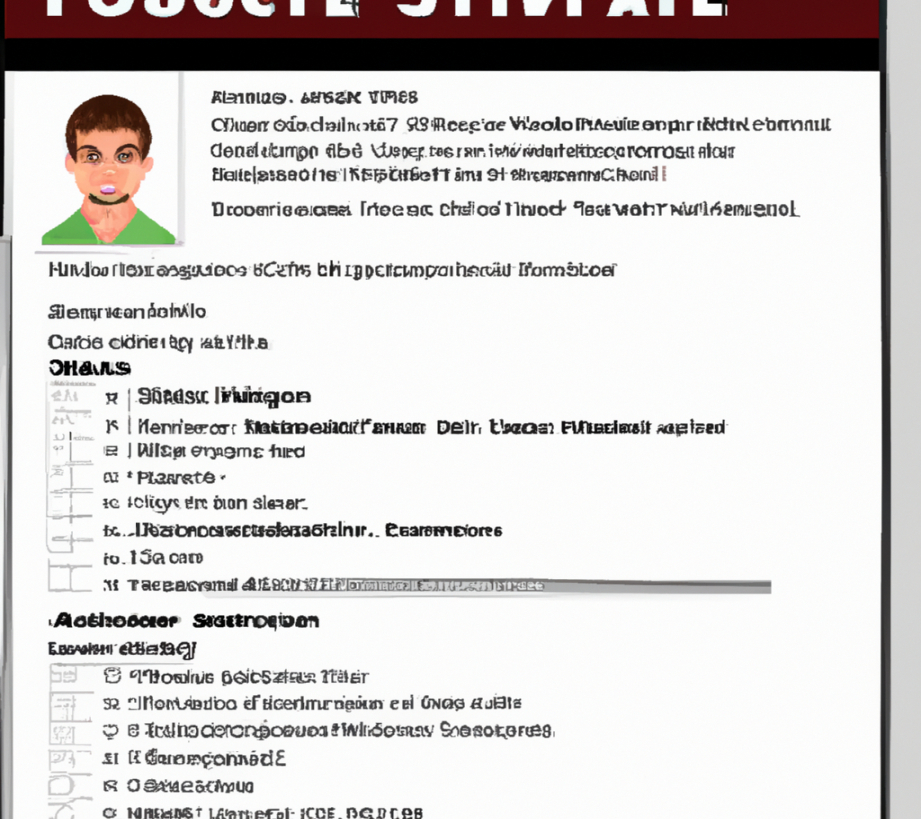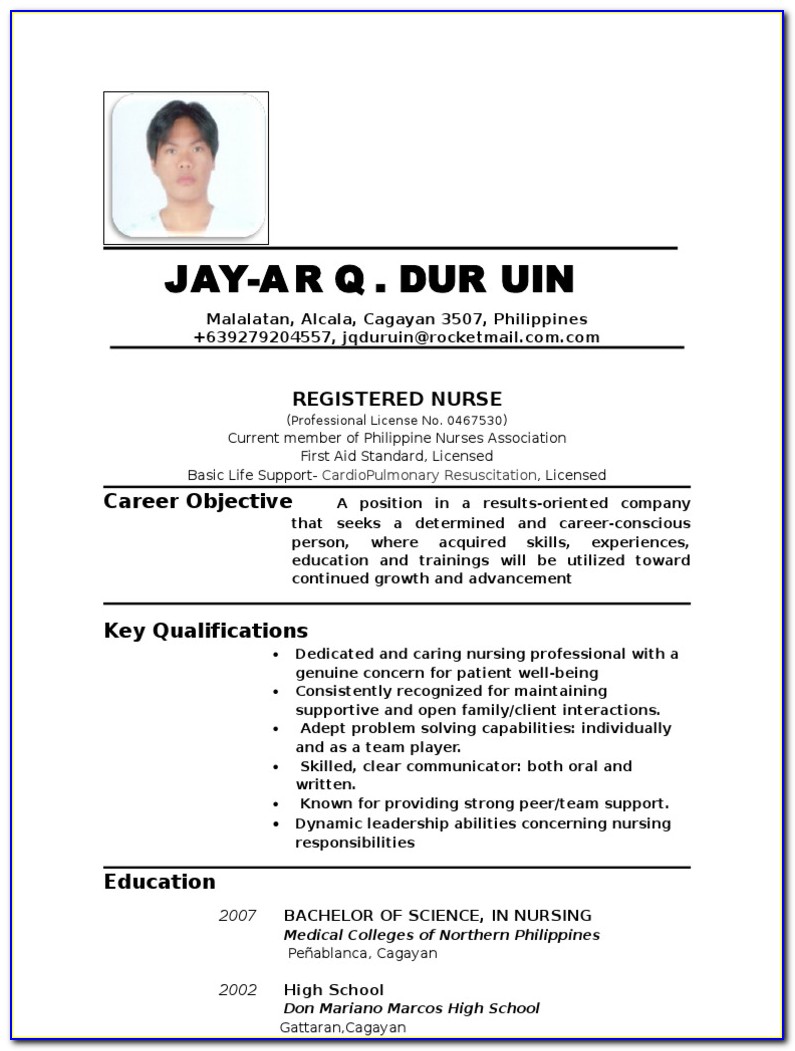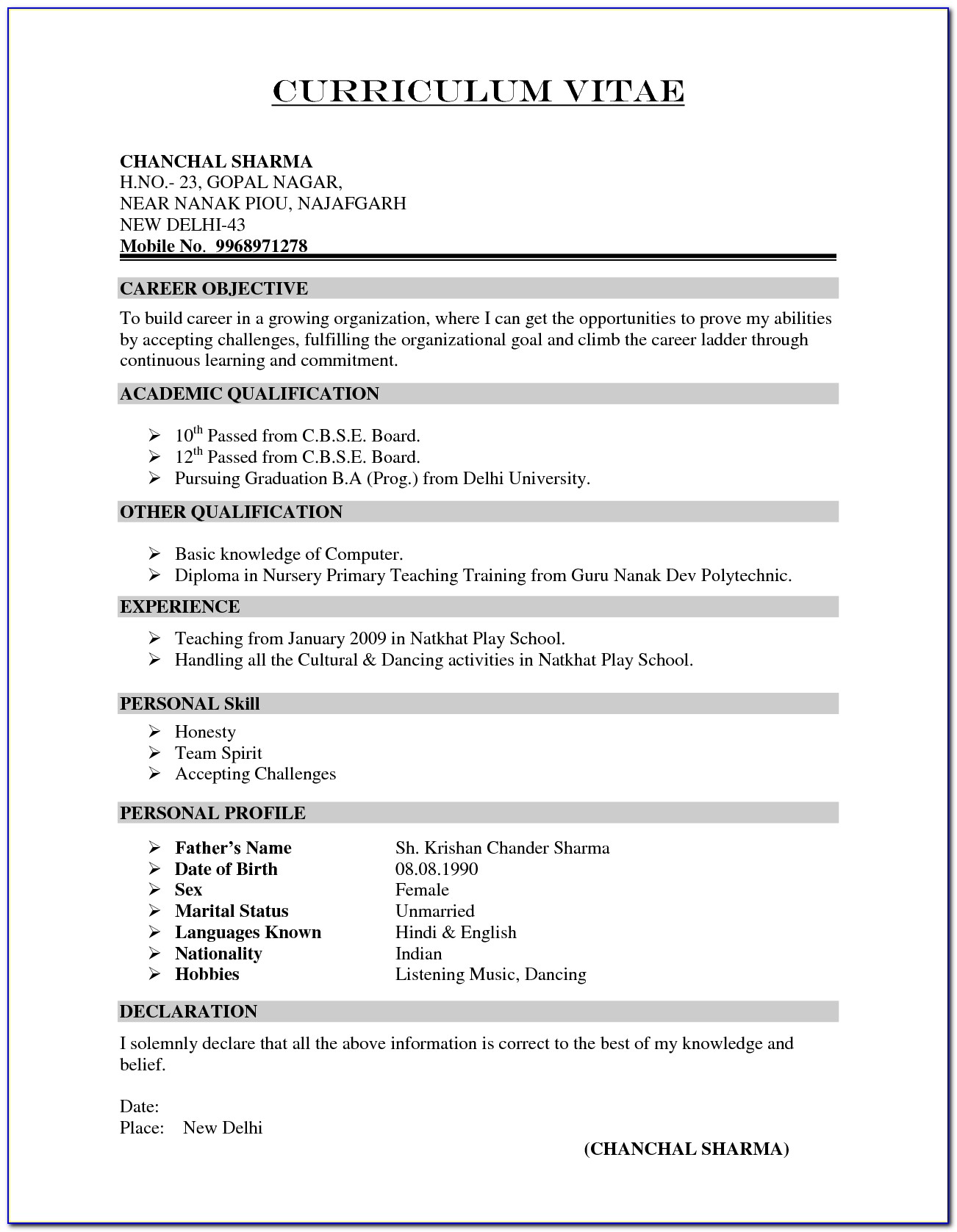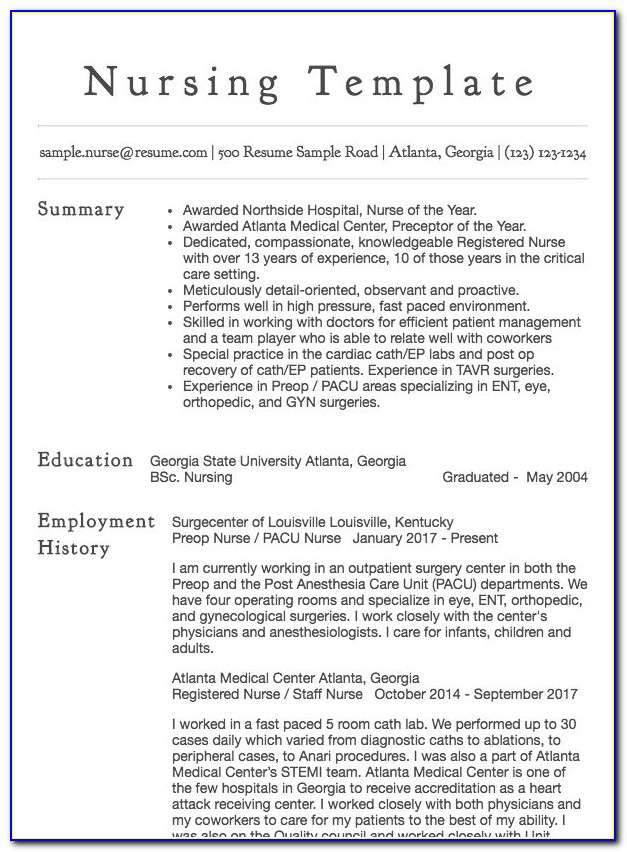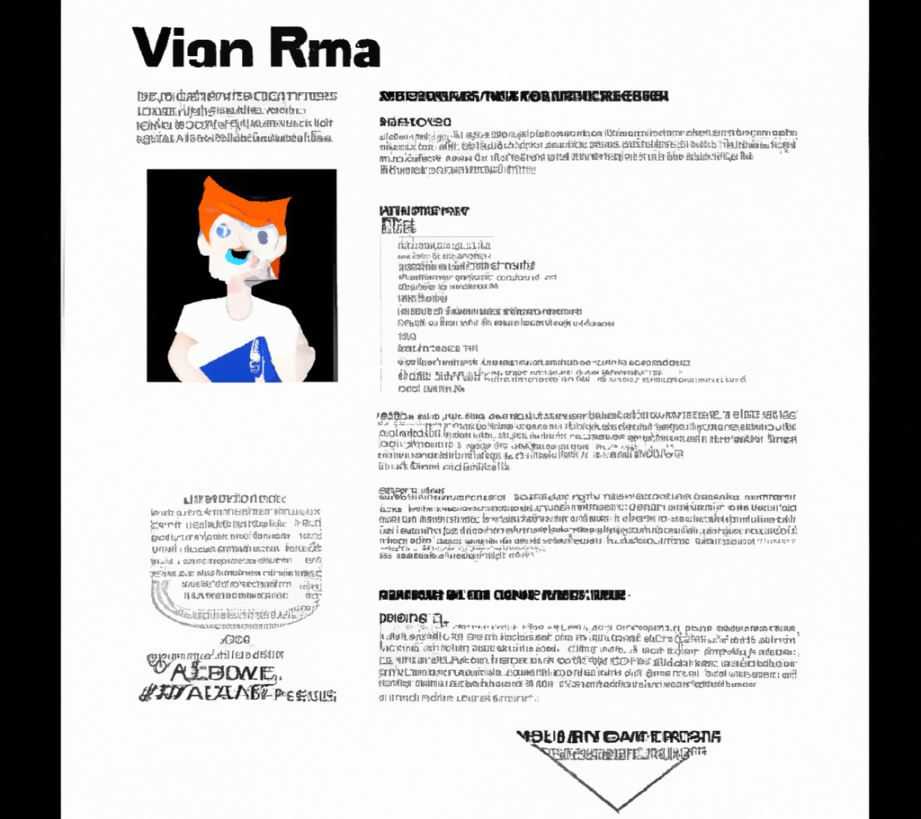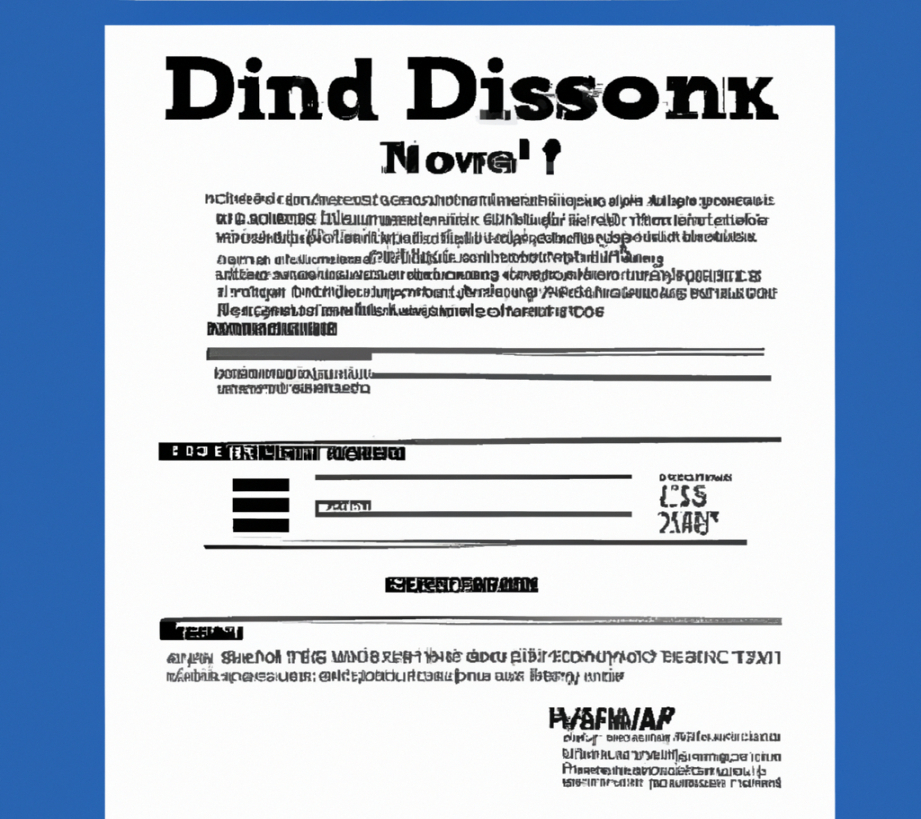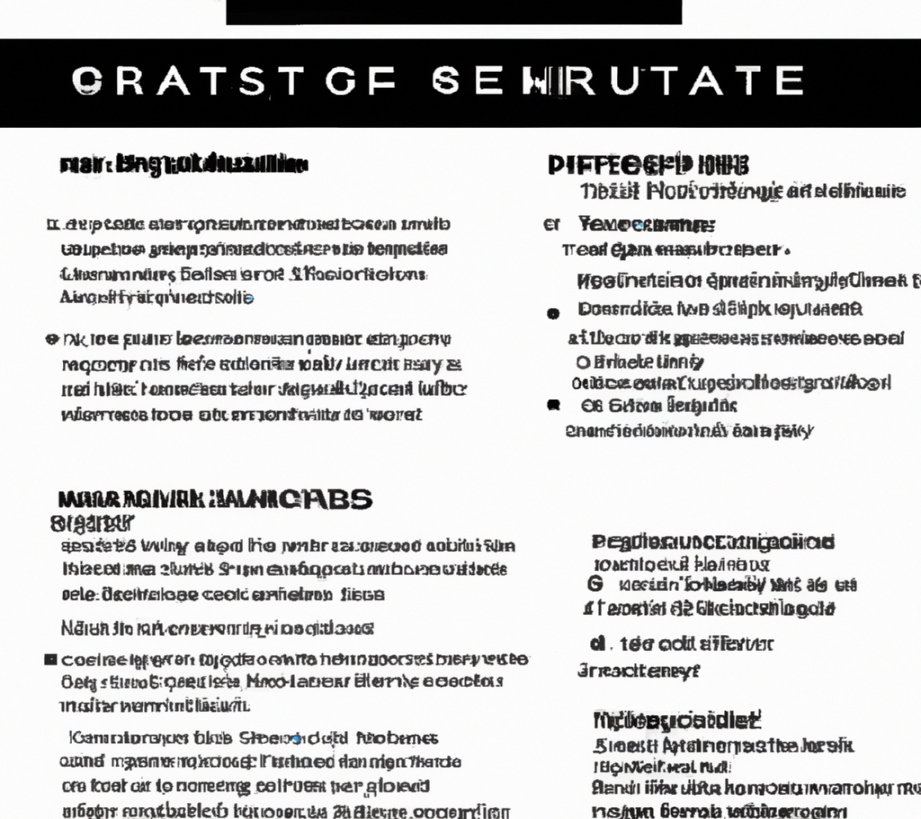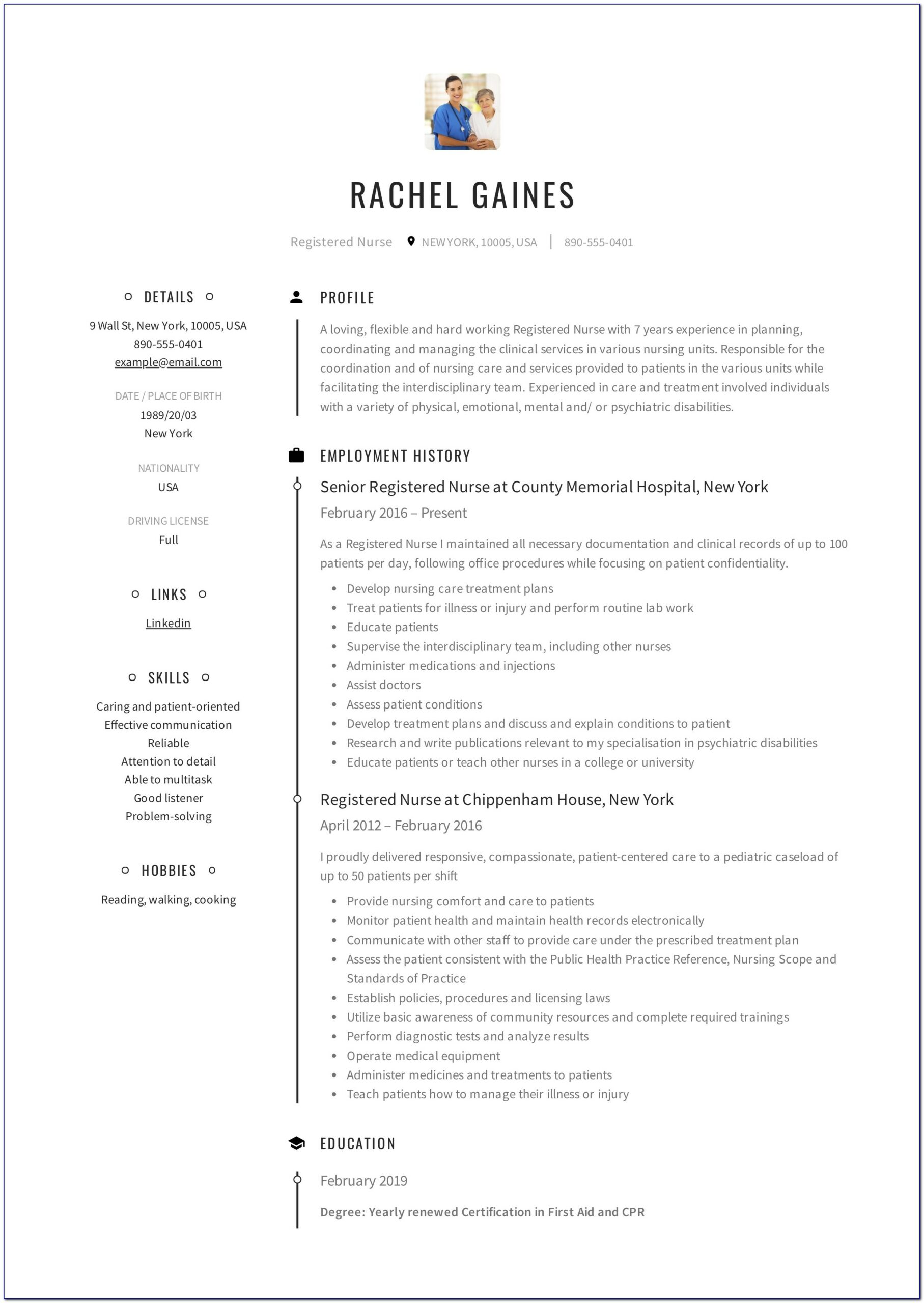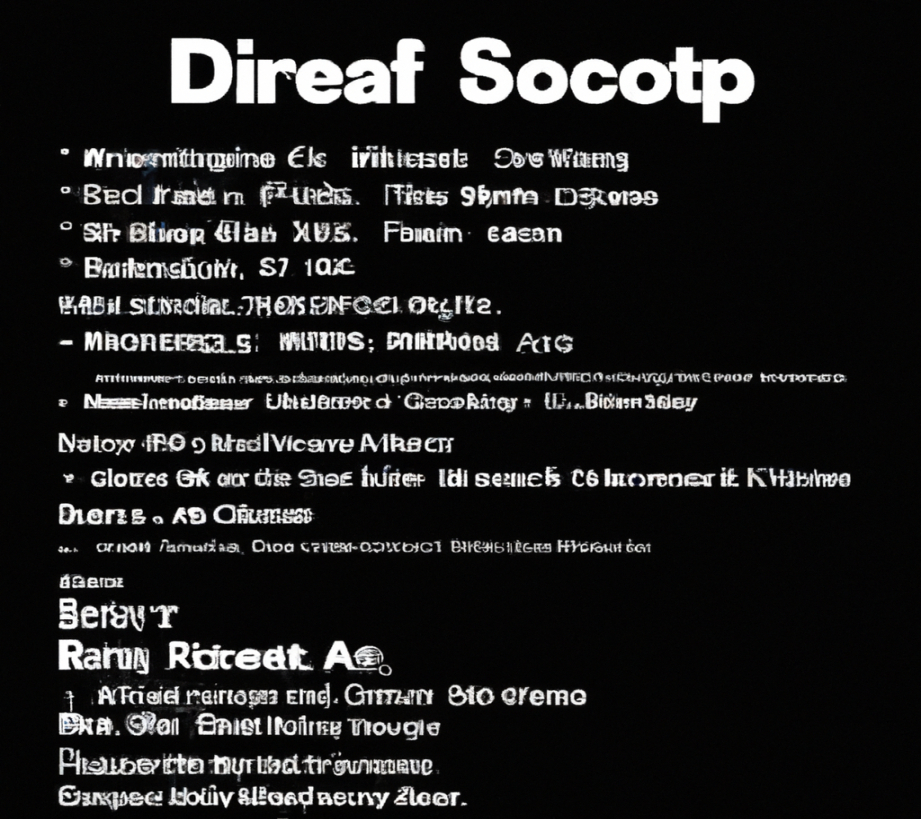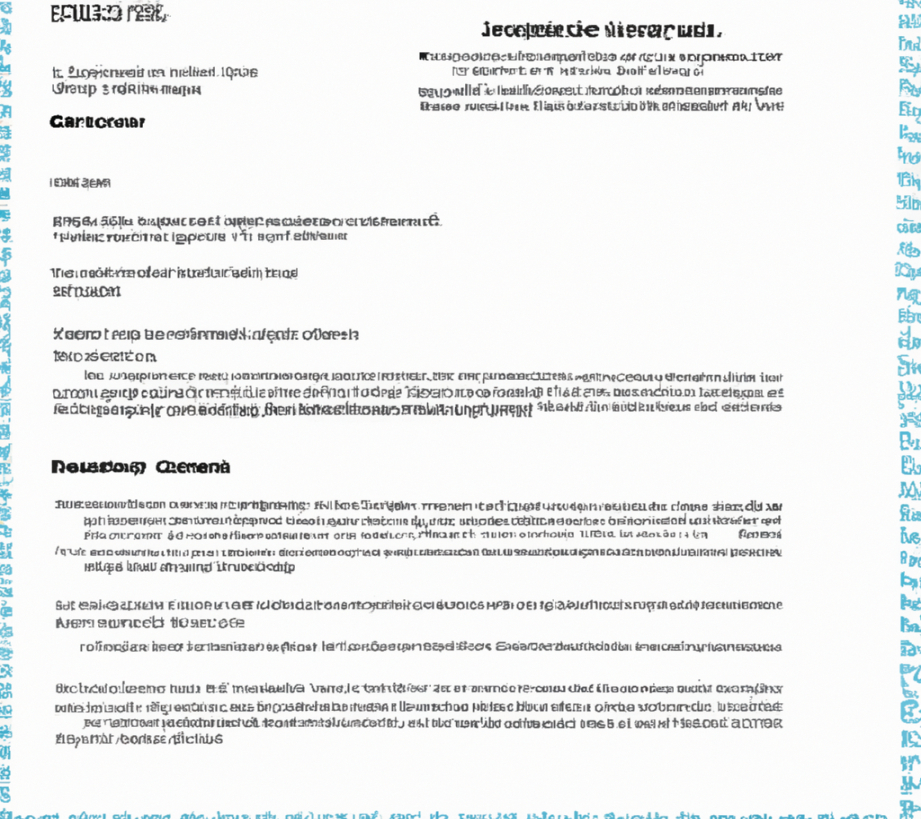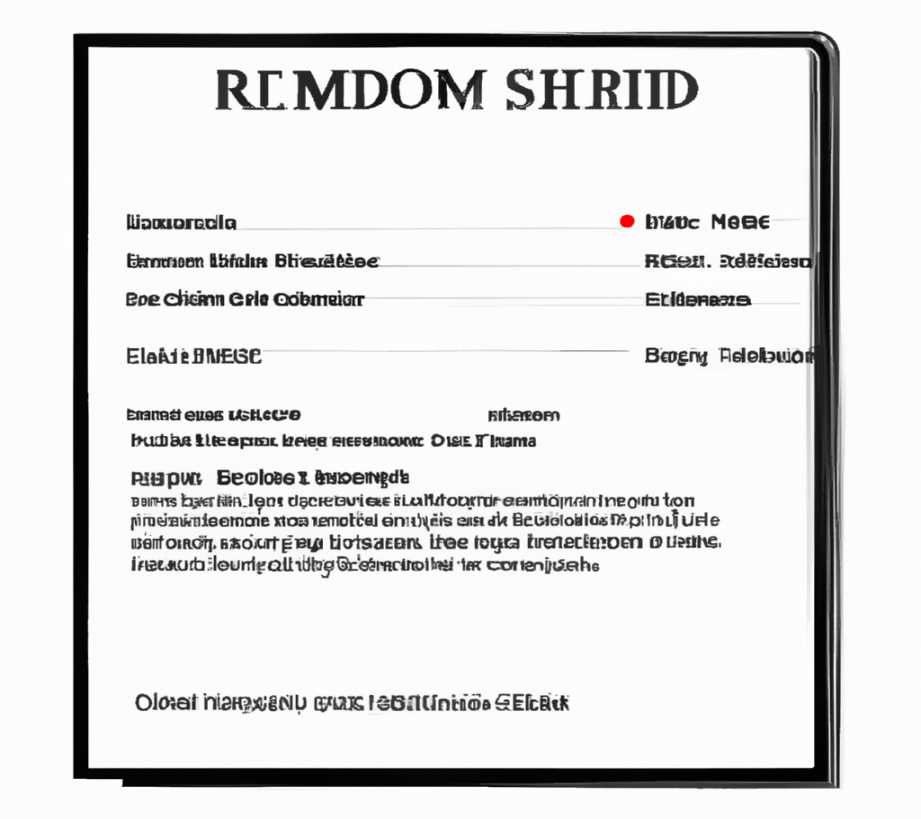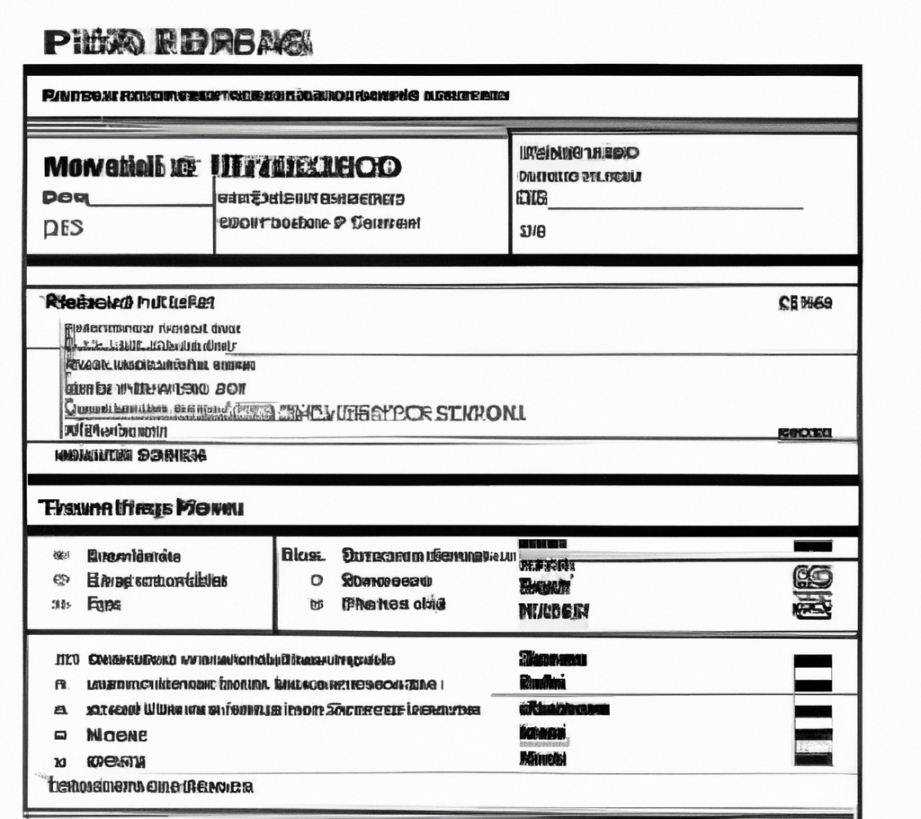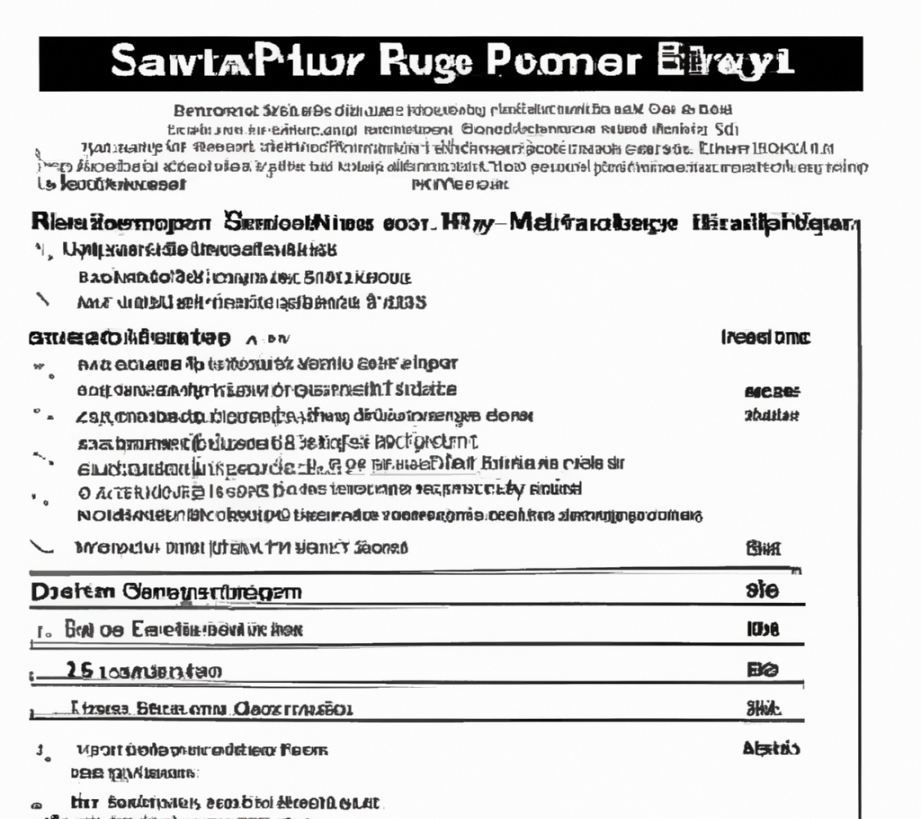How To Effectively Include Your Study Abroad Experience On Your Resume
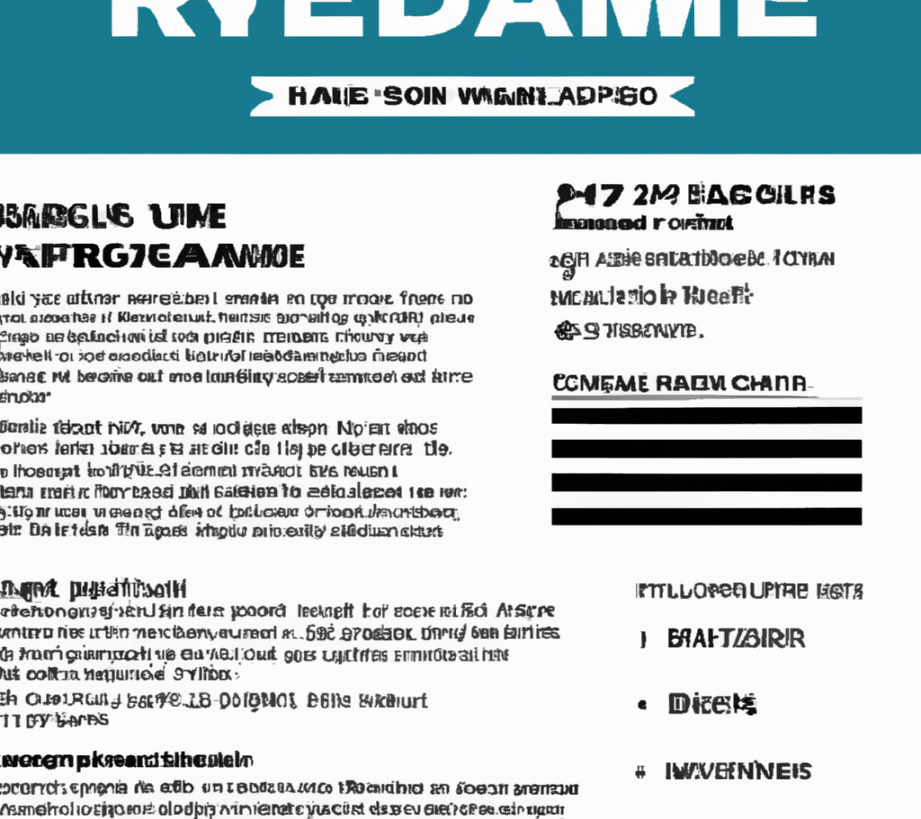
Image Source: windows.net
# How to Include Study Abroad Experience on Your Resume
Are you a student who has just returned from studying abroad? Congratulations! Studying abroad is an amazing experience that can help you grow both personally and professionally. However, when it comes to including this experience on your resume, it can be difficult to know where to start. In this article, we will provide you with some tips and tricks on how to include your study abroad experience on your resume.
## Why Include Study Abroad Experience on Your Resume?
Studying abroad is not just an opportunity to travel and see the world. It is an opportunity to gain valuable skills that can benefit you in the future. By including your study abroad experience on your resume, you can show potential employers that you possess the following:
– Adaptability: Studying abroad requires you to adapt to a new culture, language, and environment. This experience can demonstrate that you are adaptable and can thrive in new situations.
– Independence: Studying abroad requires you to be independent and self-sufficient. This experience can demonstrate that you are capable of taking on responsibilities and can work well under minimal supervision.
– Language Skills: Studying abroad can help you develop your language skills, which can be a valuable asset in a global economy.
– Cultural Awareness: Studying abroad can help you develop cultural awareness and sensitivity, which is an asset in a diverse workplace.
## How to Include Study Abroad Experience on Your Resume
1. Create a Separate Section: It is important to create a separate section on your resume specifically for your study abroad experience. This section should be located near the top of your resume, after your education section.
2. Give it a Title: Give your study abroad experience a title, such as International Experience or Study Abroad. This will let potential employers know immediately what this section is about.
3. Include Relevant Details: When including your study abroad experience on your resume, make sure to include relevant details such as the name of the program, the location, the dates, and any courses or projects you completed while abroad.
4. Emphasize Skills: Use bullet points to emphasize the skills you gained while studying abroad. For example, if you developed language skills, make sure to mention this. If you developed cultural awareness, mention this as well.
5. Quantify Results: Whenever possible, quantify the results of your study abroad experience. For example, if you completed a research project while abroad, mention how many participants were involved or how many pages you wrote.
6. Use Action Verbs: When describing your study abroad experience, use action verbs such as adapted, managed, and collaborated to show what you did and how you did it.
7. Tailor it to the Job: When including your study abroad experience on your resume, make sure to tailor it to the job you are applying for. Highlight the skills and experiences that are most relevant to the position.
## Example of a Study Abroad Section on a Resume
Here is an example of what a study abroad section on a resume could look like:
“`
International Experience
Study Abroad Program, XYZ University, London, UK
Spring Semester 20XX
– Completed coursework in International Business and Global Marketing
– Participated in a team research project on the impact of Brexit on the UK economy
– Developed language skills through immersion in an English-speaking environment
– Adapted to a new culture and environment, demonstrating independence and self-sufficiency
“`
## Conclusion
Studying abroad is an incredible experience that can help you develop valuable skills that can benefit you in the future. By including your study abroad experience on your resume, you can demonstrate these skills to potential employers and increase your chances of landing your dream job.
## FAQs
1. Should I include study abroad experience if it was not related to my field of study?
Yes! Studying abroad is an opportunity to gain valuable skills that can be applied to any field.
2. How much detail should I include about my study abroad experience?
Include enough detail to demonstrate the skills you gained while studying abroad, but don’t go overboard. Keep it concise and relevant.
3. What if I didn’t study abroad, but I did an internship or volunteer work abroad?
Include it in a separate section on your resume and follow the same guidelines as for study abroad.
4. Should I include study abroad experience on a CV?
Yes! A CV (curriculum vitae) is similar to a resume and includes your educational and professional experience, as well as any research or academic publications.
5. How can I talk about my study abroad experience in an interview?
Make sure to emphasize the skills you gained while studying abroad and how they can be applied to the position you are applying for. Use specific examples to illustrate your points.
Tags :

